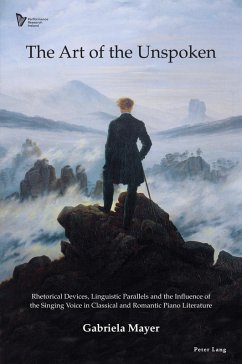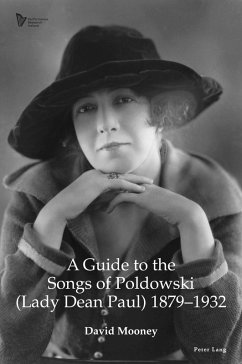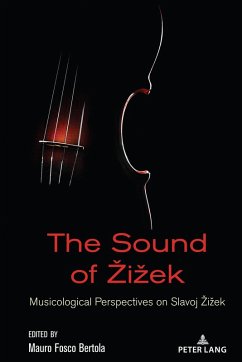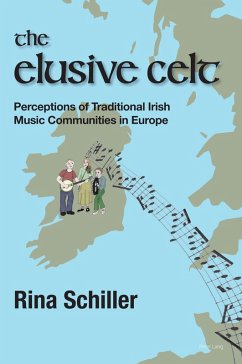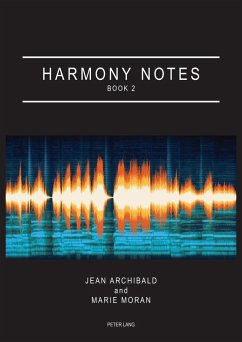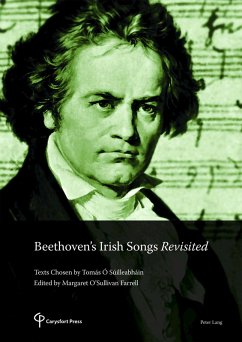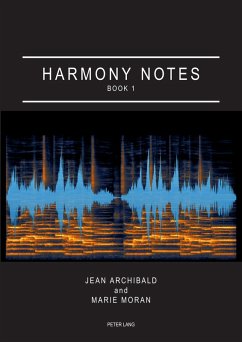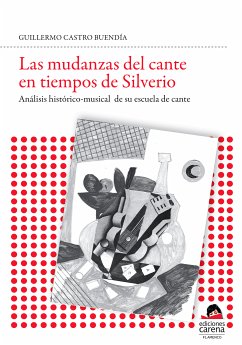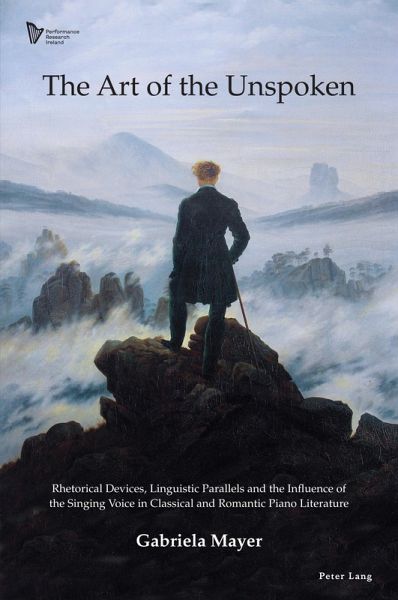
The Art of the Unspoken (eBook, ePUB)
Rhetorical Devices, Linguistic Parallels and the Influence of the Singing Voice in Classical and Romantic Piano Literature
Versandkostenfrei!
Sofort per Download lieferbar
Statt: 52,95 €**
45,95 €
inkl. MwSt.
**Preis der gedruckten Ausgabe (Broschiertes Buch)
Alle Infos zum eBook verschenkenWeitere Ausgaben:

PAYBACK Punkte
23 °P sammeln!
How can musical meaning be conveyed without words? Starting with the landscape in which instrumental music developed traits parallel to language, this book explores a performance framework that connects qualities derived from rhetorical and dramatic elements and the model of the singing voice in Classical and Romantic solo piano music. These traditions were shared by composers, performers and pedagogues but have gradually fallen into obscurity. Rhetoric provides a guide for logical organization and persuasion, dramatic plot and character influence form and musical content, while singing offers...
How can musical meaning be conveyed without words? Starting with the landscape in which instrumental music developed traits parallel to language, this book explores a performance framework that connects qualities derived from rhetorical and dramatic elements and the model of the singing voice in Classical and Romantic solo piano music. These traditions were shared by composers, performers and pedagogues but have gradually fallen into obscurity. Rhetoric provides a guide for logical organization and persuasion, dramatic plot and character influence form and musical content, while singing offers a natural model for expression and inflection. Historical and aesthetic information along with literary and musical aspects are presented here to inform current performance practice.
Composers consciously employed rhetorical figures and expected performers to recognize and apply them in performance. Thinking of music in terms of plot and character cultivates habits of purposeful direction and clear definition of individual thematic material. Literary comparisons inspire the imagination and can be useful in addressing more complex aesthetic issues, such as organic quality in art, the concept of unity in diversity, memory, evolution and incompleteness. The desire to achieve vocal expressivity at the keyboard is a unifying factor that transcends the differences between varying types of pianos across time. These concepts have practical application to modern performance training, and a wider pianistic pedagogical context is explored in the final chapter, advocating for an integrated and meaningful approach to performance.
Composers consciously employed rhetorical figures and expected performers to recognize and apply them in performance. Thinking of music in terms of plot and character cultivates habits of purposeful direction and clear definition of individual thematic material. Literary comparisons inspire the imagination and can be useful in addressing more complex aesthetic issues, such as organic quality in art, the concept of unity in diversity, memory, evolution and incompleteness. The desire to achieve vocal expressivity at the keyboard is a unifying factor that transcends the differences between varying types of pianos across time. These concepts have practical application to modern performance training, and a wider pianistic pedagogical context is explored in the final chapter, advocating for an integrated and meaningful approach to performance.
Dieser Download kann aus rechtlichen Gründen nur mit Rechnungsadresse in A, D ausgeliefert werden.




